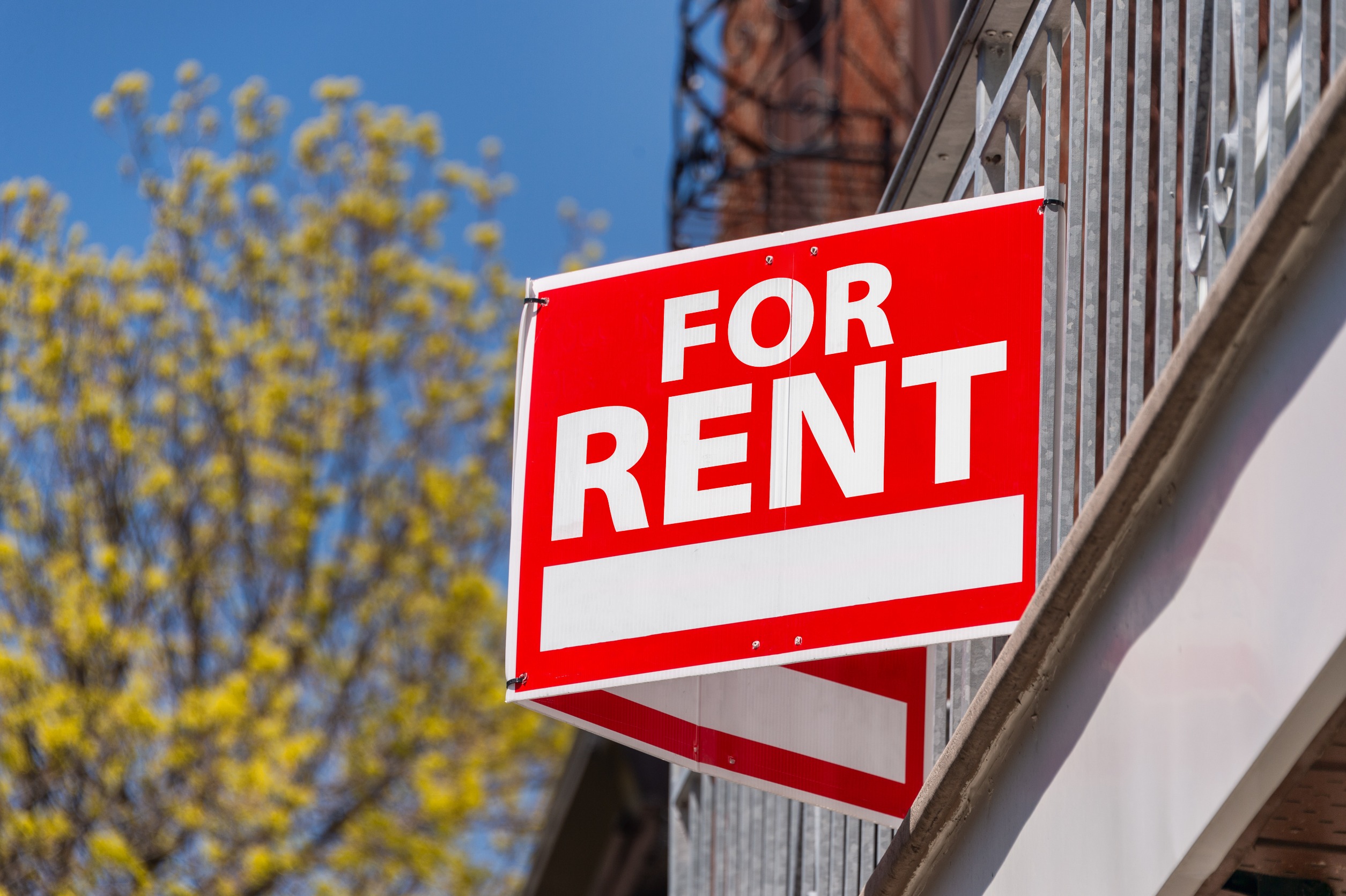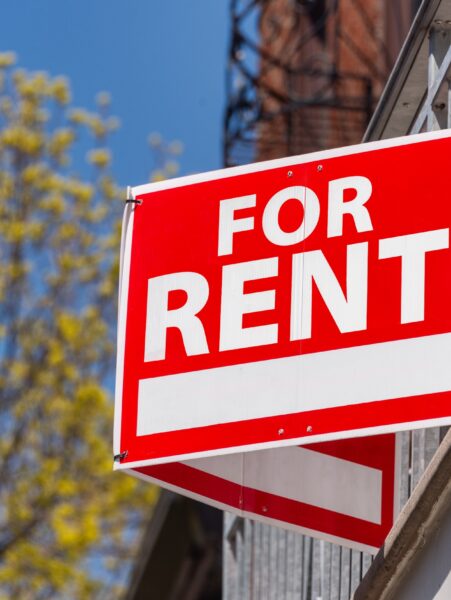Retirement is a goal for many, but reaching it can seem daunting. One effective strategy is investing in rental properties.
This approach not only generates a steady income stream but also builds wealth over time. By owning rental properties, you can benefit from property appreciation and tax advantages.
Additionally, real estate can provide financial security, especially in uncertain economic times. In this blog post, we will explore seven key ways rental properties can help you retire early.
Whether you are new to real estate or looking to expand your portfolio, these insights will guide you toward achieving your retirement objectives.
The Financial Advantages of Rental Properties in Early Retirement
Investing in rental properties offers several financial benefits that are critical for early retirement planning. Here are some key advantages:
- Steady Cash Flow: Rental properties provide a consistent monthly income that can supplement your retirement funds. This cash flow helps cover living expenses without relying solely on savings or Social Security.
- Property Appreciation: Over time, real estate generally appreciates in value. This means that not only are you generating income, but your investment can also grow in worth, leading to potential substantial profits upon sale or increased equity.
- Tax Benefits: Real estate investors can take advantage of tax deductions, including mortgage interest and property taxes, which can significantly lower taxable income. Additionally, depreciation can offset income, further enhancing the financial benefits.
Choosing the Right Rental Property
Selecting the right rental property is crucial for maximizing your investment and ensuring long-term success. Consider the following factors when making your choice:
- Location: Choose properties in growing neighborhoods. Proximity to amenities such as schools, public transport, and shopping can enhance rental demand and property values.
- Market Trends: Stay informed about local real estate trends. Research the rental market, including occupancy rates and average rental prices, to identify areas with strong potential returns.
- Property Type: Evaluate the type of rental property that fits your investment strategy. Single-family homes, multi-family units, and vacation rentals each come with unique advantages and challenges.
Key Considerations:
- Budget: Determine your investment budget and stick to it. Consider not just the purchase price but also ongoing maintenance costs and property management fees.
- Potential for Appreciation: Look for properties with characteristics that suggest future growth, such as upcoming infrastructure developments or new businesses entering the area.
- Tenant Profile: Understand the demographics of the location. This knowledge will help tailor your property to attract desirable tenants, ensuring higher occupancy rates.
By carefully evaluating these factors, you will position yourself to select rental properties that not only provide immediate cash flow but also appreciate in value, contributing to a secure retirement.
Maximizing Rental Property Income
To enhance your profit margins from rental properties, consider implementing effective strategies for income maximization. By combining smart management techniques with market insights, you can significantly improve your returns. Below are several approaches to consider:
1. Optimize Rent Pricing
- Market Research: Regularly assess comparable rental prices in the area to ensure your rates are competitive.
- Adjust for Market Trends: Be prepared to adjust rental prices in response to changes in demand or local amenities that may attract tenants.
2. Improve Property Appeal
- Regular Maintenance: Keep the property in excellent condition. Regular maintenance not only attracts tenants but can also justify higher rent.
- Smart Upgrades: Invest in energy-efficient appliances or modern fixtures. These upgrades can attract quality tenants while reducing long-term costs through energy savings.
3. Diversify Your Offerings
- Short-Term vs. Long-Term Rentals: Consider offering both short-term vacation rentals and traditional leases. This diversification can help you capitalize on different market segments based on seasonal demand.
- Amenities: Incorporate in-demand amenities such as high-speed internet, laundry facilities, or outdoor spaces, which can set your property apart from the competition.
The Long-Term Benefits of Rental Properties for Retirement
Investing in rental properties not only facilitates early retirement but also secures long-term financial stability. Below are some key long-term benefits that make rental properties an attractive option for retirement planning.
1. Wealth Accumulation
- Equity Building: As you pay down your mortgage, your equity in the property increases, providing a valuable asset as you move towards retirement.
- Generational Wealth: Rental properties can serve as a legacy for your family, providing financial support for future generations.
2. Passive Income Stream
- Consistent Revenue: Once you establish reliable tenants, rental income can become a steady source of money flowing into your accounts without daily oversight.
- Inflation Hedge: Rental income typically rises over time, often outpacing inflation. This helps to maintain your purchasing power in retirement.
3. Diversification of Assets
- Risk Mitigation: Rental properties diversify your investment portfolio, reducing dependency on traditional stocks and bonds. This balance can provide a buffer against market volatility.
Why Grand West Condos Make Good Rental Properties?
Investing in Grand West Condos offers unique advantages that are beneficial for both new and experienced real estate investors. Their desirable locations and modern amenities make them attractive to a wide range of potential tenants, from young professionals to retirees.
Here are key factors that contribute to their appeal as rental properties:
1. Prime Location
- Accessibility: Many Grand West Condos are located near major transportation hubs, ensuring easy commutes for tenants.
- Nearby Amenities: Proximity to shopping, restaurants, and recreational facilities enhances tenant satisfaction and encourages longer leases.
2. Strong Demand
- Urban Living Trends: With the shift toward urban living, condos in vibrant neighborhoods attract a steady influx of renters seeking convenience and lifestyle options.
- Market Stability: Condos often experience less volatility than single-family homes, making them a safer investment during economic fluctuations.
3. Low Maintenance Requirements
- Professional Management Options: Many condo associations provide management services, reducing the burden of direct maintenance for landlords.
- Shared Amenities: Features like pools, gyms, and communal spaces not only enhance tenant experience but also attract a broader tenant market.
Ready to take the next step towards early retirement and wealth accumulation?
For those looking to retire early, investing in rental properties can be a smart choice. Not only do these properties provide a steady source of passive income and potential long-term capital growth, but they also offer several tax advantages.
However, it’s important to take the time to research the local property market, select the right property, and implement effective management strategies to ensure maximum return on investment.
Become a homeowner today—click here explore your options with Grand West Condos.

